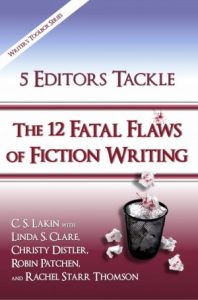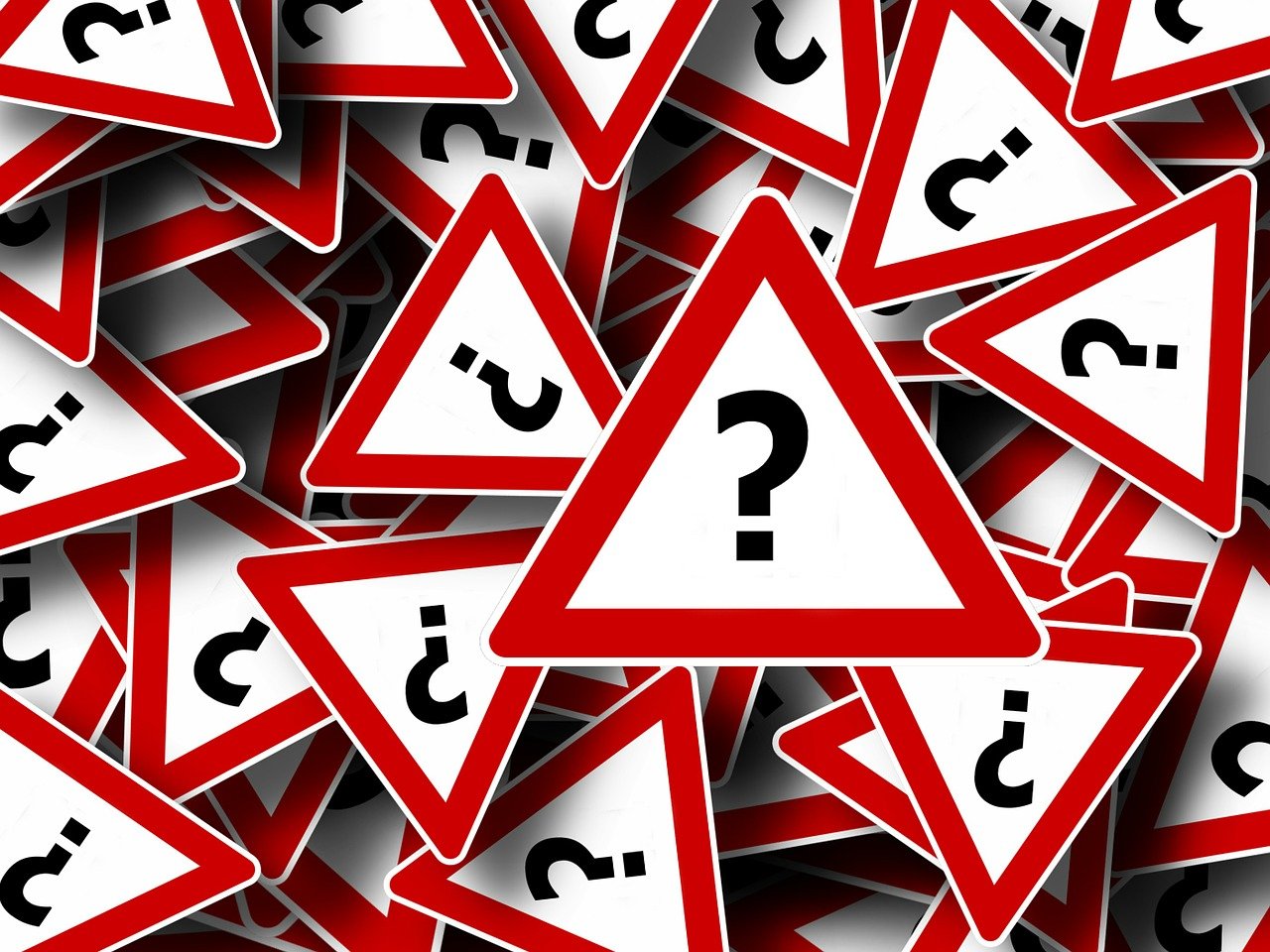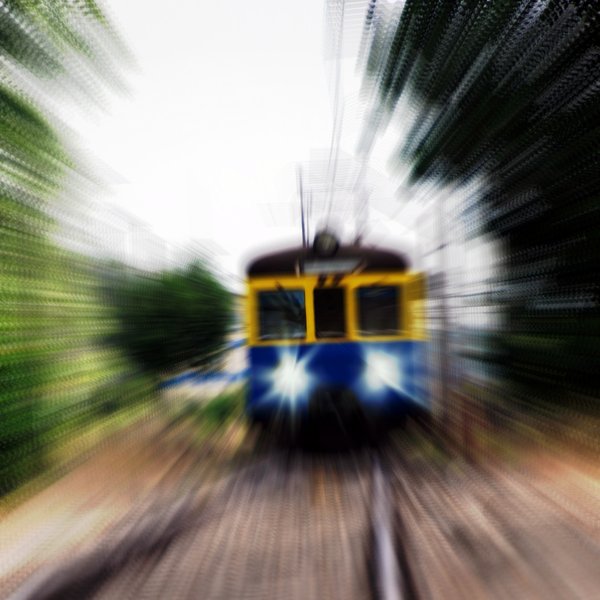The 10 Most Important Questions to Ask about Your Scenes
In my work as a professional freelance copyeditor and critiquer for publishers, literary agents, and authors in six continents, I wade through something like two hundred manuscripts a year.
It probably won’t surprise you to hear that I come across certain flaws repeatedly in many—if not most—of the manuscripts I examine. These issues are especially endemic to first novels, and when pointed out to the authors, they seem so obvious. They say, “Why didn’t I notice these problems?”
Because of lack of adequate writing experience, helpful critical feedback, and sufficient skill development and training, writers don’t realize they aren’t showing enough—and especially in a scene’s opening paragraphs—to help readers picture where a character is and when the scene is taking place in the story.
The challenge for writers is in determining how and how much to convey to readers what the writer is seeing in her own mind.
These ten necessary things are often omitted or overlooked due to lack of experience, for the most part. I hope that by providing these ten questions to ask of your scenes, you’ll keep your eye out for these flaws and really make your scenes shine.
1) Where is this scene taking place? I shouldn’t have to ask this, right? The writer is thinking, Isn’t it obvious? I know where this scene is taking place.
2) What does this place look and feel like? And what’s usually missing is not just the locale but the smells and sounds, a sense of the time of day and year, the weather, and exactly where in the world it is.
3) How much time has passed? So many scenes dive into dialog or action without clueing the reader in on how much time has passed from the last scene. Scenes needs to flow and string together in cohesive time. It’s important to know if five minutes or five months has passed, and it only takes a few words to make that clear. Don’t leave your reader in confusion — that’s a bad thing.
4) What is your character feeling right now? This is a biggie. It’s probably the most important element needed to show at the start of a scene, but it’s often left out.
5) What is your character’s reaction? So many times I read bits of action or dialog that should produce a reaction from the POV character, but the scene just zooms ahead with without an indication of what the character is feeling or thinking.
6) What is the natural, believable way your character should be reacting? For every important moment, your character needs to react — but in a believable order. First viscerally, then emotionally, then physically, and finally intellectually. Oftentimes a writer will show a character reacting with deep thought about a situation, when their first natural reactions are missing.
Example: If you get hit by a car, you aren’t going to first think logically about what happened and what you need to do next. First, you scream or your body slams against the sidewalk and pain streaks through your back. Keep this adage in mind: for every action, there should be an appropriate, immediate reaction. That’s how you reveal character.
7) What is the point of this scene? This is a scary question. Not for me—for the author. Because if there’s no point to a scene, it shouldn’t be in your novel. Really. Every scene has to have a point—to reveal character or plot. And it should have a “high moment” that the scene builds to.
8) What is your protagonist’s goal for the book? If she doesn’t have a goal, you don’t really have a story. The reader wants to know your premise as soon as possible, and that involves your main character having a need to get something or somewhere, do something or find something. Or some variation of that.
That goal should drive the story and be the underlayment for all your scenes. That goal is the glue that holds a novel together. It may not be huge, and in the end your character may fail to reach that goal — you’re the writer; you decide. But have a goal.
9) Where’s the conflict? Every scene should be bulging with either inner or outer conflict or both. Conflict creates tension, which is a good thing. Conflict is story.
10) Where’s your opening hook and strong ending sentence? Treat each scene as if it’s a mini novel. Every scene should hook the reader with a strong opening line or two, and should end with a satisfying wrap-up or hanging ending that makes the reader want to dive right into the next scene.
I actually ask a whole lot more questions than these. And many are just as important to crafting a powerful novel. I’ve found when writing my own novels that if I just keep asking questions—the right ones—I’ll find just the right answers for that story.
If you can get in the habit of continually asking questions as you delve into your novel, you may find it will lead you to the heart of your story.
 It’s hard to see the weaknesses and flaws in our own work. Get professional feedback on your outline or chapters. Hire me to critique and give you the insights and suggestions that will help you improve as a writer!
It’s hard to see the weaknesses and flaws in our own work. Get professional feedback on your outline or chapters. Hire me to critique and give you the insights and suggestions that will help you improve as a writer!
Be sure to get 5 Editors Tackle the 12 Fatal Flaws of Fiction Writing, too. That’s a great resource that will reveal flaws you may not have realized you succumb to!











